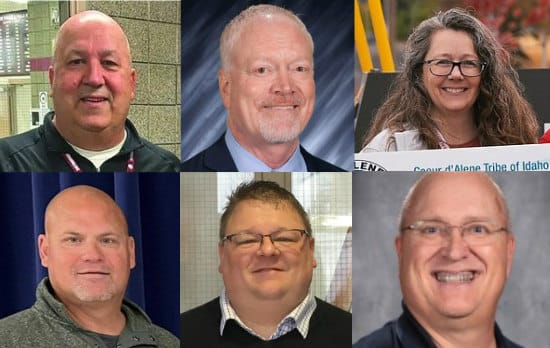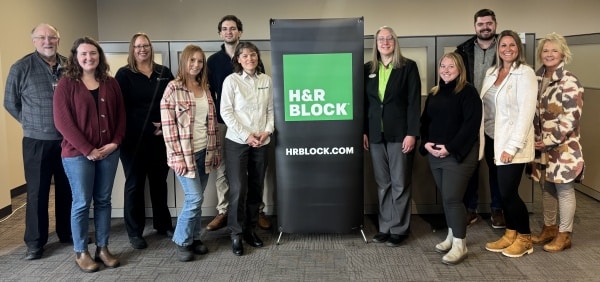The 14th Crookston Early Childhood Summit was held Thursday night in Bede Ballroom at the University of Minnesota Crookston. The summit brought together professionals from Washington School, RiverView, Polk County Public Health among others coordinated by Early Childhood Family Education (ECFE).
The presenter for the Summit was Mandy Bernardy, a licensed independent clinical social worker, on the Nurtured Heart Approach (NHA). The NHA is a philosophy for creating healthy relationships and recognizing every child has inherent strengths. NHA helps children achieve new emotional portfolios of confidence and competency by creating an environment in which children can thrive.
“At previous Summits, participants have asked for more tools on how to manage challenging behaviors with the children we work with,” explained Denice Oliver, Principal at Washington School. “The Nurtured Heart Approach is just another tool for everyone to put in their toolbox.”
Two main strategies in the NHA philosophy are The 3 Stands and Recognition Techniques.
The 3 Stands are:
Absolutely NO: I refuse to give my time, energy and relationship to negative behavior. I will not accidentally foster failure nor will I reward problems by responding to them in animated ways. I will save my time and energy for searching for success.
Absolutely YES: I will relentlessly and strategically pull the child into new patterns of success. I will constantly recognize the success and achievement that children are displaying no matter how small and present them with clear undeniable evidence of their value and how great they are.
Absolutely CLEAR: I will have clear and consistent consequences for children when a rule has been broken. “Here are the rules, and here is what happens when you break a rule.”
The Recognition Techniques include:
Active Recognition: An observation of the facts of what you see before you, providing a verbal snapshot of the moment. This recognition is given with no interpretation or opinion, just simply the specific facts of the molecules of success. Sends messages to the recipient of “I’m worth being noticed” and “I can do it because I am doing it.”
Experiential Recognition: An observation of both the facts that you see and also what that says about the person’s greatness. Building on Active Recognitions, Experiential Recognitions add the value of who the child is proving they are, in that moment. This technique sends messages of worth and re-writes the child’s portfolio of who they are, based on first-hand experiences of character-focused success.
Proactive Recognition: An honoring and celebration of the rules that have not been broken. Proactive Recognition is a deliberate statement to identify the success in what isn’t happening in a situation but could be. This type of recognition is filled with empowerment, as the child is fully given credit for the positive choices they made, even if they hadn’t been deliberate in the decision. Rules are taught in this manner, through a very first-hand experience of success. Sends the message of power and control, for both the current moment and to be used in the future.
Creative Recognition: A method of creating the success that may not otherwise exist. This technique starts with a clear and doable request or an action in progress and then celebrates movement in the right direction, regardless of intention or quantity of movement. Creative recognitions “hijack” children into success, by lowering the rope and being very clear about where the rope is. Sends messages of clarity, ability and forward motion into new successes.
Tags:



